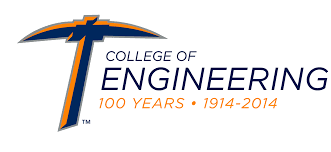What is the timeline for the competitive process?
- September 17, 2020 – Call for problem statements
- October 19, 2020 – Problem statement deadline
- November 20, 2020 – Notification of project selections. Principal Investigators of the selected projects will be required to submit a detailed work plan and budget for approval, following which they will receive a formal notification of award. Projects may start as early as January 1, 2021.
How much will be awarded for each project?
The amount of each award varies by partner institution; however, most institutions are planning to fund small studies in the range of $50,000–$100,000. The scope of the study should be proportionate to the amount requested.
Who is eligible to apply?
Projects must be led by a researcher from one of the CARTEEH consortium institutions. CARTEEH institutions may allow students, with faculty support, to apply for support for work on completing their thesis or dissertation for analysis of CARTEEH-related data. Such support will typically be limited to no more than two semesters.
What should be the project duration?
We recommend a 12 – 18-month duration. Proposals for extended studies should be submitted by phase.
What format should be used for the problem statements and full workplans?
Problem statement templates may be found here. Work plan templates will be sent to the Principal Investigators of projects selected to move forward, when they are notified in November 2020.
Where should my problem statement be submitted?
Applicants should submit their problem statement to their institution’s CARTEEH lead or their delegate. A list of contacts may be found here.
Is cost sharing required?
Cost sharing is not required, however it or leveraging is encouraged. For questions about the differences between the two, please contact your institution’s sponsored programs office.
Are applications accepted from institutions other than those currently in the CARTEEH consortium?
Projects may only be led by a researcher from one of the CARTEEH consortium institutions.
Are collaborators external to the CARTEEH consortium institutions allowed to participate?
We encourage collaboration between the CARTEEH consortium members when possible. However, if the proposed external collaborator brings unique expertise to the table that is unavailable from a consortium member, it would be allowable. Sufficient justification for the use of this individual would be required.




